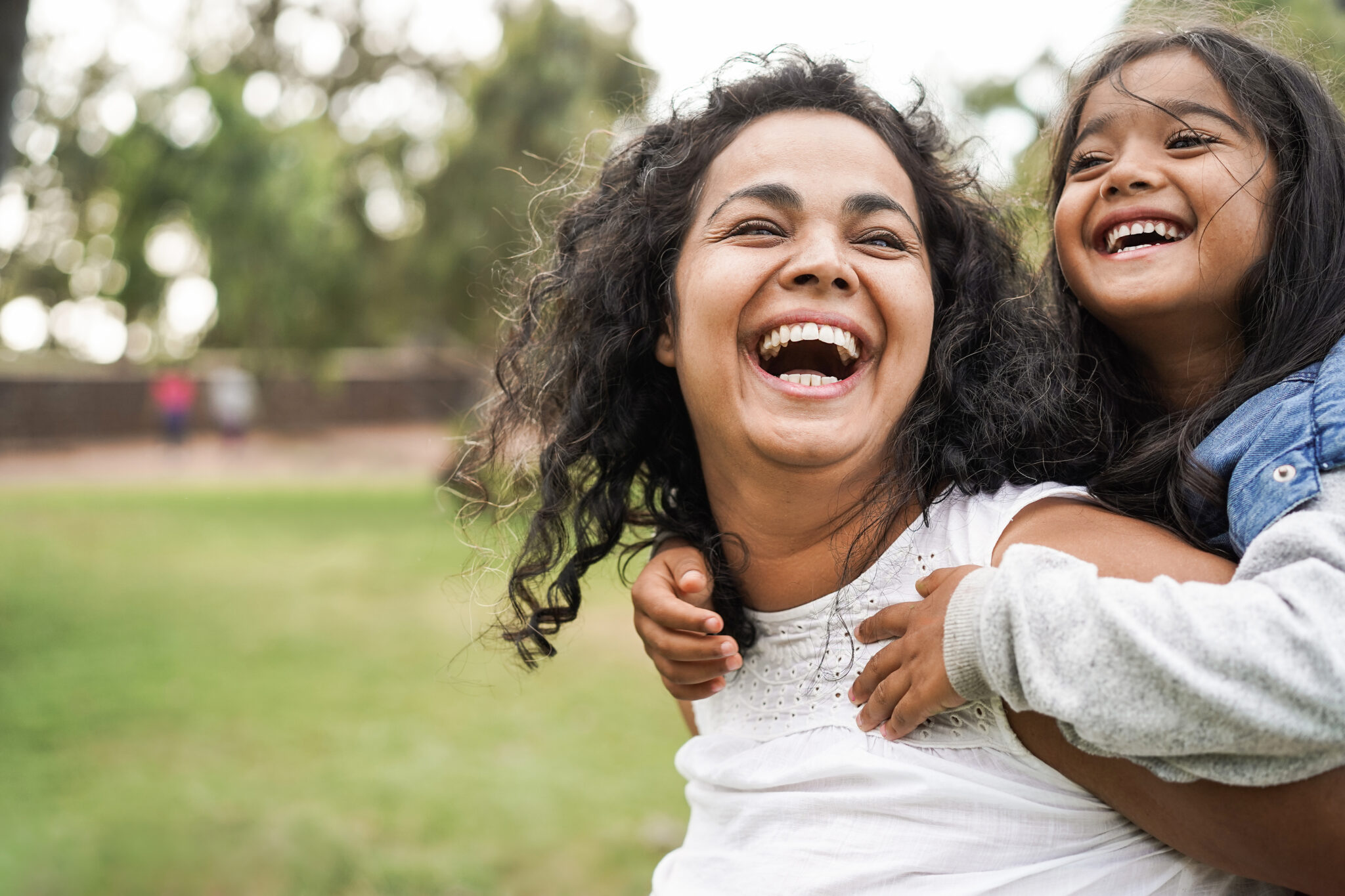Making a difference in Women’s Health
Published: May 19, 2025
Blog
The report from the landmark Inquiry into Women’s Pain is expected any time now 1. With input from over 13000 women and over 300 written submissions, the report is expected to include recommendations to improve healthcare and service delivery for Victorian women and girls who experience pain 2. And really, those recommendations can’t come soon enough. While we wait though, there is still critical work to be done.
This week’s headlines saw a channel Nine News story about a Victorian mother who lost her fallopian tubes due to a medical misdiagnosis 3. Her experience is harrowing and, unfortunately, it is one of a multitude of stories about misdiagnosis, delayed diagnosis, health inequity or medical misogyny that we are regularly confronted by. 4,5,6,7
Inequality in healthcare
Last year, the National Women's Health Summit highlighted that two in three Australian women have faced healthcare-related discrimination. It is a stark reminder that systemic biases are prevalent, affecting diagnosis and treatment. 8
Historically and globally, medical research has been predominantly male-centric, with more than 70% of clinical trial participants being white men. This ‘one-size-fits-all' approach means that treatments and diagnoses are often not optimised for women and gender-diverse people.9
All of this contributes to significant health inequities as illustrated by a large scale 2019 Danish study that revealed that women are diagnosed, on average, four years later than men across 770 diseases. 10
Closer to home, research from the University of Sydney shows that women admitted to hospital for serious heart attacks were half as likely to receive proper treatment compared to men and they were twice as likely to die within six months. 11
And closer to home
In collaboration with Deakin Rural Health and the Centre for Australian Research into Access, last year we published a report identifying barriers that disproportionately impact women requiring critical health services and that contribute to health inequity across a woman’s lifespan. 12
In the face of so many examples, it might well feel like the matter of women’s health is overwhelmingly challenged and like nothing can make a difference. But we have hope.
Hope that the amplification of women’s voices through the Inquiry into Women’s Pain will make a difference. (Bring on the report!)
Hope that the Women’s Health Research Catalyst Grants announced by the Allan Government in January will make a difference. 13
We also believe that we can make a difference in our own communities. And, with your help, Women’s Health and Wellbeing Barwon South West team certainly intend to try.
What we’re doing about it & how you can help!
This week we have launched our community consultation into Sexual and Reproductive Health. Good sexual and reproductive health contributes to overall good health, and access to vital health services such as period care, contraception, abortion, fertility treatment, STI screening and peri-menopause care (to name a few) is essential.
Understanding the unique challenges women and gender-diverse people face when accessing sexual and reproductive health care is crucial to improving both health services and health outcomes. This is particularly true in rural and regional areas where barriers can be greater. Our community consultation will shine a light on these issues.
This consultation values the voices of women and gender-diverse people: their stories offer invaluable insights about excellent services they are experiencing as well as the barriers and challenges. This could include anything from not knowing where to seek advice or find services, to long wait times, distance and transport issues, cultural appropriateness, privacy concerns and more. Every example, every person's story, contributes to a fuller and deeper understanding.
We also want to hear experiences and insights from health professionals including pharmacists, nurses, GP’s, midwives, specialists and allied health workers who contribute to sexual and reproductive health services in our region. Our health professionals have a unique view of the health ecosystem and patient experience and can offer critical insights on these can be improved.
Every voice matters
We encourage all women, gender diverse folk and health professionals to visit Sexual and Reproductive Health Consultation to lend your voice to this work. All survey responses are anonymous.
Ultimately, we will use the information we gather to advocate for improvements to access and to sexual and reproductive healthcare for the women of our region. The more voices we hear from, the more powerful a story we will have to share.
- https://www.health.vic.gov.au/inquiry-into-womens-pain
- https://www.premier.vic.gov.au/lasting-impact-womens-pain-revealed
- https://www.9news.com.au/national/melbourne-mother-sues-western-health-after-waking-up-without-both-fallopian-tubes/5e5ddb56-dd59-40f2-9c0a-f9b16cd488ce
- https://www.abc.net.au/news/2024-07-28/women-health-vic-inquiry-pain-misdiagnosis-doctors/104143280
- https://www.sbs.com.au/news/podcast-episode/hysterical-ignorance-stigma-shame-why-they-cause-dangerous-delays-in-diagnosis/vrr0x0mvg
- https://www1.racgp.org.au/newsgp/clinical/disparities-in-breast-cancer-care-uncovered
- https://www.theage.com.au/national/victoria/women-are-not-second-class-citizens-this-misogyny-must-end-20250418-p5lsrh.html
- https://www.health.gov.au/ministers/the-hon-ged-kearney-mp/media/national-womens-health-summit-a-turning-point-for-addressing-discrimination-in-health-system\
- https://www.bbc.com/news/articles/cv229ereeejo
- https://www.cpr.ku.dk/cpr-news/2019/study-across-diseases-women-are-diagnosed-later-than-men/
- https://www.sydney.edu.au/news-opinion/news/2018/07/23/women-under-treated-for-heart-attack-die-at-twice-the-rate-of-me.html
- https://womenshealthbsw.org.au/resource/mapping-access-to-sexual-and-reproductive-health-services-in-regional-victoria-full-report/
- https://www.premier.vic.gov.au/new-grants-program-boosting-womens-health-research
